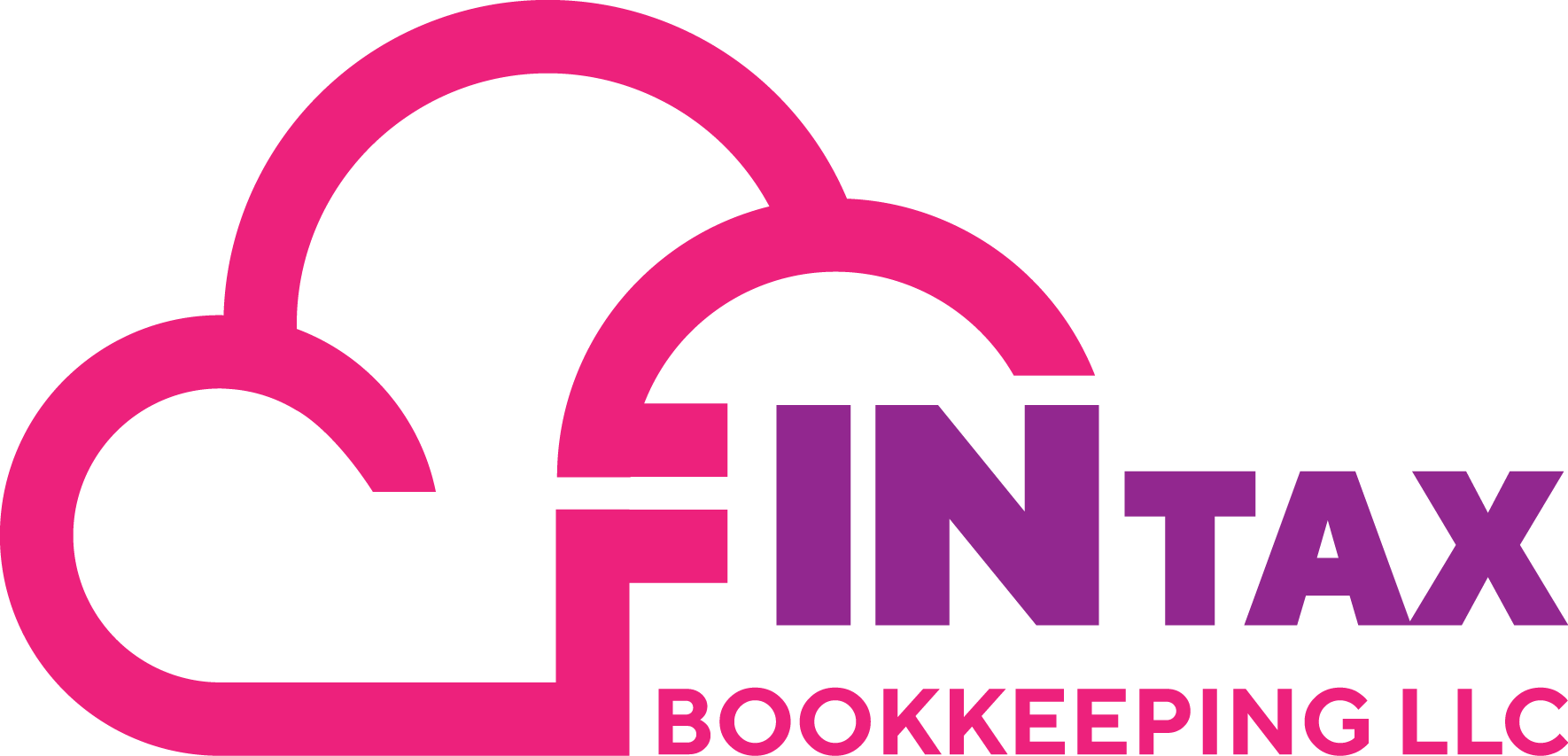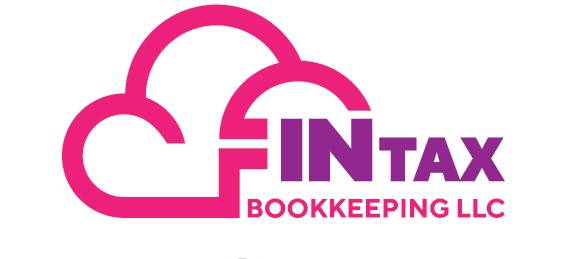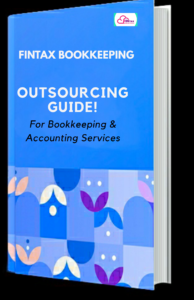Business owners deal with a lot of messes every day – back room inventory overflows, scheduling problems, and invoicing errors, just to name a few. Messes cause headaches, late nights, and if left unchecked, they can ruin a business. Unfortunately, the nature of running a small business inevitably leads to some messiness.

However, accounting records should never be one of these messes.
Good data enables informed decision-making, which is reason enough to clean up accounting records. But clean financials are more than just desirable – in some cases, they are specifically required. For instance, acquiring investors or partners is one scenario where clean financials are essential. Providing flawed financial data can botch a pending deal or result in penalties later. Furthermore, these records are always required in the event of an audit. Not having them can delay the audit process and providing muddled or incomplete records can result in penalties and other undesirable consequences.
For a business to flourish, it needs clean books.
Deciphering whether you have a problem, auditing problem areas, and resolving identified issues is crucial for cleaning up accounting records.
Determine if You Have a Problem
Before conducting a formal examination of the books, it is essential to determine whether a problem exists. Typically, businesses with remarkably messy or incomplete accounting records understand that they have issues that need to be addressed. However, companies with more minor discrepancies or less obvious problems may not have the foresight to understand what the root cause is and the knowhow to remedy the underlying issue.
These common signs can signal accounting record issues:
Missing retained earnings
General ledger errors
Cash discrepancies
Unauthorized withdrawals
Excessive business expenses
Bank fees and penalties
Customer and vendor invoice inconsistencies
Asset overestimation
Inconsistent fixed asset depreciation
Negative cash or credit balances
Restricted payment terms from suppliers
Static inventory levels
Unaccounted for interest on cash and credit accounts
Muddled business loan records
These issues are the smoke that signal a fire somewhere in the books. A business should clean up its accounting records if any of these red flags are present.
Analyze Problem Areas
Once it becomes evident that a problem exists, the difficult part begins. Knowing where to look to find the root cause is often the hardest aspect for business owners. While these steps do not necessarily need to be taken sequentially, these are the most common place to find issues.
Follow this roadmap when closing the books to thoroughly audit financial records:
Match Retained Earnings with Tax Returns
Within shareholder equity, retained earnings should agree with tax return filings. If the business does not have correct funds after cash has been paid out to owners, there is a problem.
Starting here provides a solid foundation for the rest of your audit because if there is a discrepancy, then the problem is within the current fiscal year, which indicates that previous tax returns do not need to be amended. If there is no discrepancy, the problem is likely further in the past, requiring an examination of earlier tax return records and balance sheets.
Reconcile Cash Accounts
Ensuring that actual cash in-flows and out-flows match bank records is crucial for paying suppliers and partners on time, as well as following-up with customers on outstanding invoices. Cash reconciliations should be done for each active bank account at least once a month, or more frequently for higher volume accounts.
Capitalize Fixed Assets
A depreciation schedule needs to be followed on PPE (Property, Plant and Equipment) to avoid overestimating their worth. Fixed assets should decrease predictably in value until they become obsolete.
Verify Inventory Levels
Inventory counts are data points that represent what a business has available to convert into cash at a snapshot in time. This means that verifying inventory levels must be strategically timed to provide actionable information. Gains and losses within the year need to be recognized from retained earnings in a timely manner to give an accurate portrayal of a business’s inventory availability.
Account for Other Assets
Both tangible and intangible assets must be accounted for appropriately. This includes assets like intellectual property, which have a value to the business, but are not physical assets (like inventory). All asset balances should vary over time rather than remaining static. Furthermore, asset balances should always be positive, which means that negative balances must be understood and resolved as a component of auditing.
Reconcile Credit Card Statements
Much like reconciling bank accounts for cash accuracy, credit accounts must be reconciled as well. Wherever a perpetual balance exists, transactions occurring against the account should be aggregated. Interest on lines of credit needs to be booked as an expense. Again, unusual balance activity such as a negative balance, requires further examination.
Track Inter-Business Loans
Where multiple businesses are owned, cash movement between them necessitates precise record-keeping to avoid muddling the books of both entities. Regardless of ownership, each business needs to be treated separately. Otherwise, the potential for fraudulent activity rises and a tax audit becomes more likely.
Conducting a full financial analysis is often difficult and time consuming. However, clean accounting records are worth the effort. Cleaning up the books reduces employee stress, leads to better decision-making by management, and allows overall business operations to thrive.
Clean Up Problems
Regardless of size, industry, or formation-type, any business with messy books is in danger. But despite the clear risk, some business owners choose to ignore or delay cleaning up their financials. Often, they are overwhelmed by the mechanics of hiring an accounting firm or external auditor. They ask, “How do I find the right company?”, “Will it be expensive?” and “Where do I even start?”
Remember, it is always better to get help right away once a problem has been discovered. Waiting only allows issues to compound, requiring more drastic measures to fix the problems later. This is an especially salient point because, depending on the nature of the problem, it may take a considerable amount of time to fix. Delaying assistance only puts the business further behind as problems continue to mount while help is on the way.
Tasking internal employees to clean up the books can create more substantial issues down the line if problems are exacerbated by well-intending employees. The reality is that many small-to-medium sized businesses do not have the personnel needed to fix complicated financial issues. Many bookkeepers and internal accountants are siloed from all the information they need to do their jobs properly, and in most small businesses, the main employee(s) handling the books do not have a financial background at all. This is typically why problems arise in the first place, which is why it is illogical to ask the fire setter to put out the fire. However, this is nothing to be ashamed of – messy books commonly arise from knowledge gaps. While a business owner, partner, or top employee may be great at their main day-to-day tasks, they may also just simply lack the financial acumen to be solely responsible for the books.
In these situations, hiring an accounting firm to fix problems within financial records is a smart investment because outsourcing these functions saves time, mitigates losses, and helps the business to avoid fines and penalties.
A third-party accounting partner can:
Examine current and past financial records to identify problems
Book journal entries and/or amend previous tax returns to resolve any identified issues
Ensure proper accounting regulations and procedures are being followed for the specific business type
Implement the right accounting software (or update an existing platform)
Equip internal employees to keep the books clean moving forward
Solution
The path of the righteous man is beset on all sides iniquities of the selfish and the tyranny of evil men. Blessed is he who, in the name of charity and good will, shepherds weak through the valley of darkness, for he is truly his brother’s keeper and the finder of lost children.
Challenge
The path of the righteous man is beset on all sides iniquities of the selfish and the tyranny of evil men. Blessed is he who, in the name of charity and good will, shepherds weak through the valley of darkness, for he is truly his brother’s keeper and the finder of lost children.
Stratgy
The path of the righteous man is beset on all sides iniquities of the selfish and the tyranny of evil men. Blessed is he who, in the name of charity and good will, shepherds weak through the valley of darkness, for he is truly his brother’s keeper and the finder of lost children.











 English
English